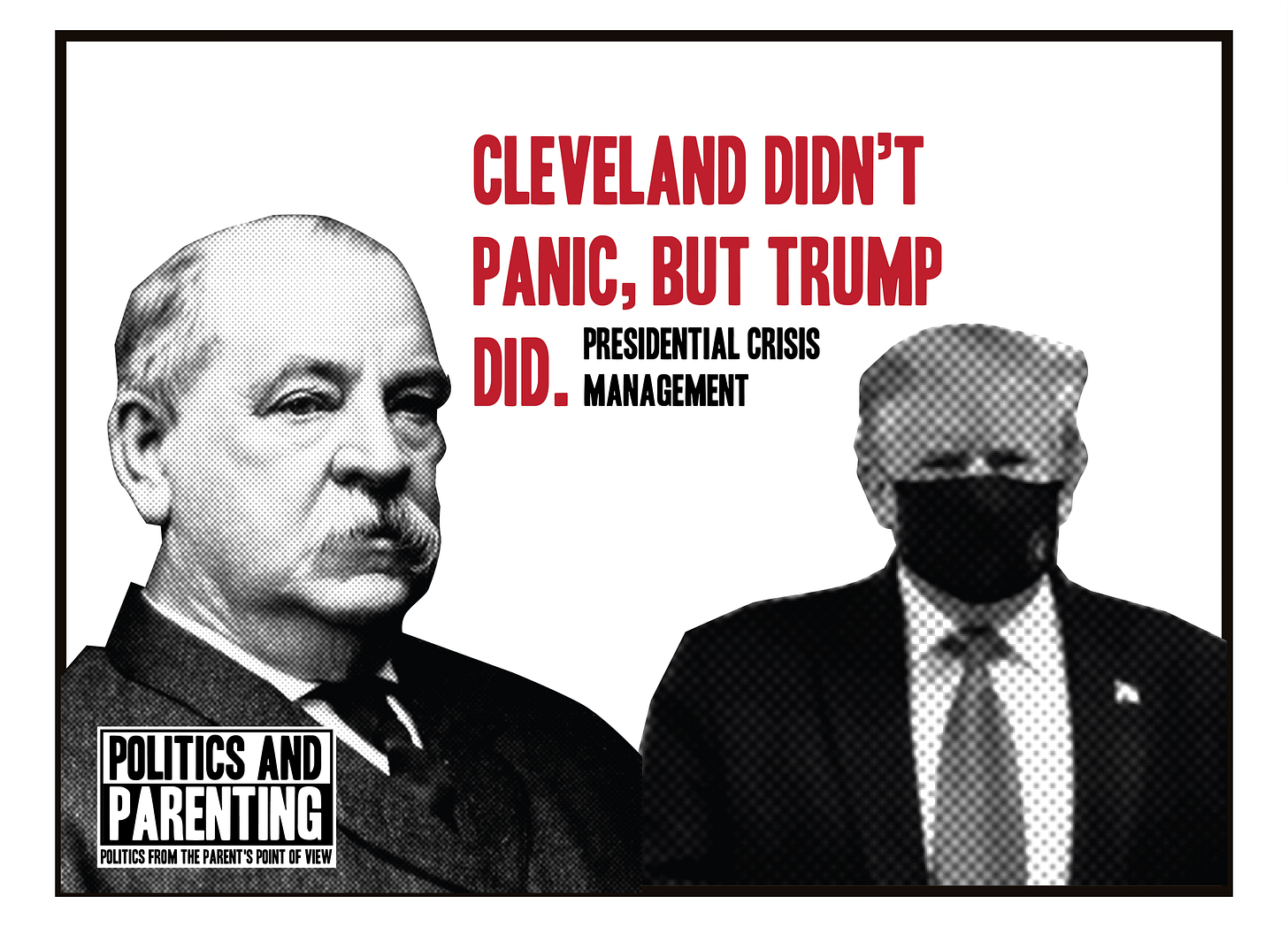Donald Trump wants to join Grover Cleveland as the only President to serve two non-consecutive terms. It didn’t go well for Cleveland; his second term ended with an economic depression that swept the Democrats out of office and changed the party from conservative to progressive.
As exciting as it might be for Trump to repeat Cleveland’s victory, it may not end as he imagines. Cleveland presided over the Panic of 1893, one of the most severe financial crises in the history of the United States. Industrial production fell by 15.3%, and unemployment rose to 19%.
There are several similarities between late 19th-century politics and our own. Tariffs were a major issue; there were debates over soft vs hard currency and government-subsidized selected industries.
During the Benjamin Harrison administration (1889-1893), sandwiched between Cleveland’s two terms, the extreme McKinley tariffs of 1890 were enacted, railroads and silver mining were subsidized, and big money was spent, making this period the first “Billion Dollar Congress.” The goal with silver was to create a soft money policy, leading to greater governmental spending flexibility. It was these policies that, in part, enabled the Panic. The high tariffs caused a depression in Europe, drying up export markets. The subsidization of industries led to excess capacity and the eventual failure of railroads and silver mines.
The National Review, New York Times, and the Federalist make many comparisons between Trump and Cleveland. However, Harrison and Trump are both protectionists who support soft money (Harrison silver and Trump crypto) and government-selected subsidies, while Cleveland was a free trader who preferred hard currency.
So, as much as Trump would like to be Cleveland in terms of elections, he is actually more like Harrison on policy. Cleveland once stated, “Though the people support the government, the government should not support the people.” It’s hard to imagine Trump making this pronouncement. And in terms of temperament, the two could not be more different. Cleveland eschewed the spotlight and believed his role was to enact laws from Congress. Trump craves constant attention and makes liberal use of executive orders.
What does this mean for a possible second Trump term? Cleveland handled the economic crisis with moderation and patience. How would Trump handle a crisis? We need not speculate; we already know.





